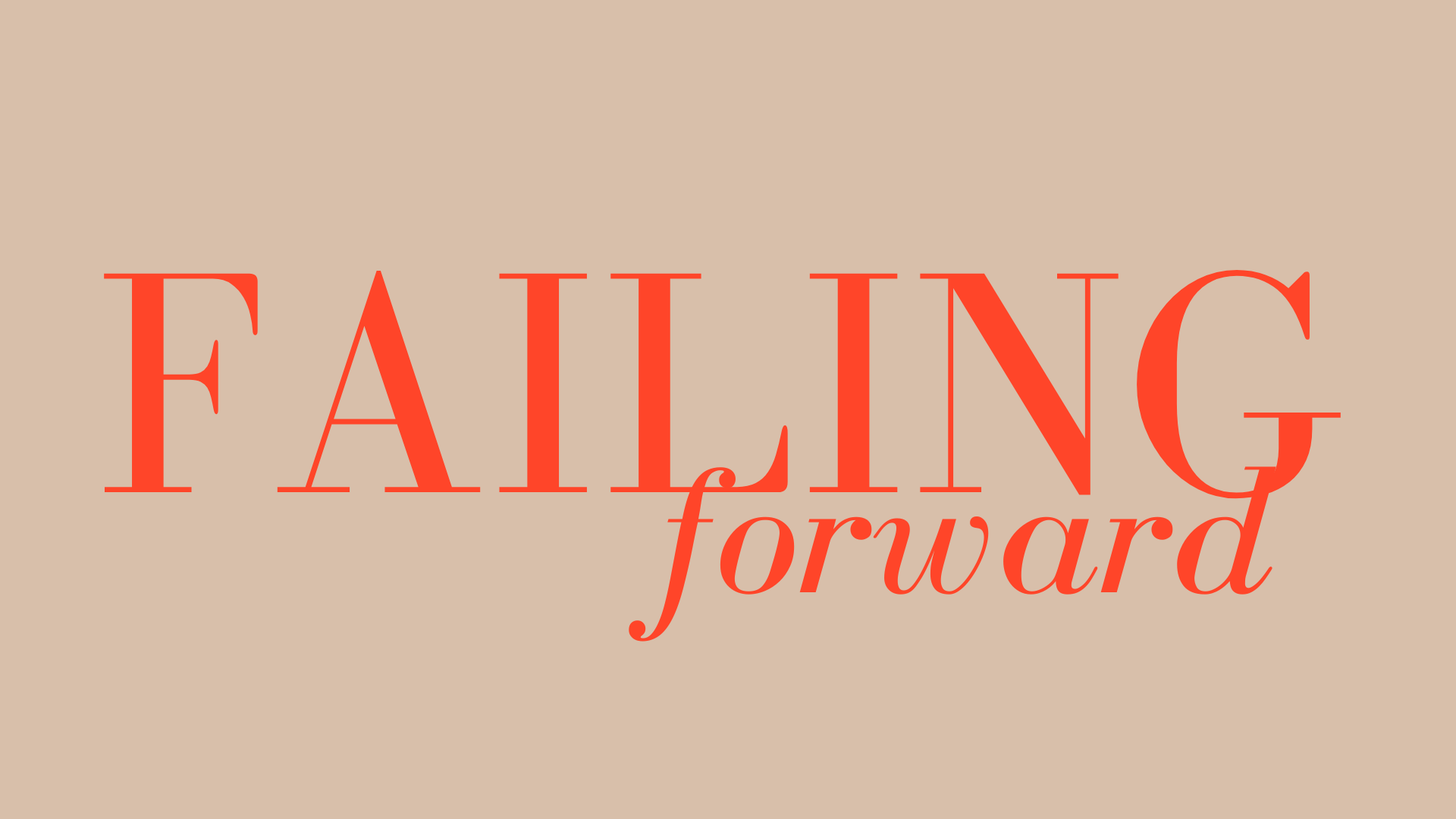8 High-value Career Habits (Part 4): Grow Your Career Capital and Strengthen Your Personal Brand
Unlock the final 8 career habits to grow your capital, elevate your personal brand, and create lasting influence, opportunities and multidimensional career success.
In instalments one, two and three of this series, we explored career habits that build value, strengthen your personal brand and future-proof your professional journey. Now, in Part 4, the final instalment, we’re focusing on the habits that help you take control of your career, elevate your profile and maximise your impact.
These habits are designed to empower you to step confidently into leadership, increase your earning potential, and build your influence, creating multidimensional career opportunities. This guide will give you actionable strategies to move from good to exceptional in your career.
1. Negotiate your pay rise
Hoping you get a pay rise won’t help you get one. In Part 1 of this High-value Career Habits series, I recommended asking for a pay rise - something the research shows men do more than women. Now, let’s talk about how to ask.
Like you would if you were writing highlights for your resume, prepare a proposal clearly communicating your contributions, outcomes and the value you have created in your role.
Do your research. To put your proposal into perspective, know the market. Compare your pitch to comparable positions in your industry.
Anticipate questions and have your responses ready. Such as:
How much are you expecting?
How do you plan to continue adding value?
Have you considered how this compares to your colleagues?
What will you do if we can’t give you a raise at this time?
Negotiating your pay rise isn’t about money, it’s about demonstrating your worth.
2. Negotiate your title
Budgets can be tricky and tight for many organisations and are often planned around 6 -12 months or more in advance. Your employer may not have the flexibility to pay you more on demand, but could move more quickly for other incentives. For example, your title. A promotion, even if it’s just a title change, adds value to your resume and LinkedIn profile. For the broader industry, it shows your progression and that your employer values you. Unlike a simple salary increase, which doesn’t do anything for your resume, a new title could increase your earning potential and seniority in the industry moving forward. Plus, for most industries, titles carry more weight when negotiating with third parties - a win for you and your workplace.
If you are a coordinator doing a management role, ask for a move to manager. If you have a case for adding senior to your title, then present this as an option. Don’t give up after an unexciting salary conversation. Be ready to use your title as your career leverage.
3. Negotiate your responsibilities
Selling yourself for a promotion isn’t all about money and titles; negotiating your responsibilities can also increase your earning potential going forward. For example, is the business under-resourced in an area you can put your hand up to lead? Do you have a new idea you can champion?
I started my career in marketing and development and extended into leading communications, social media and projects. By upskilling and skill stacking, I increased the relevance of my capabilities and my earning potential for more industry opportunities. Research the demand in the industry. What skills combinations are potential employers seeking? Propose leading that area within your current business.
4. Embrace public speaking
Research shows that approximately 75% of people fear public speaking. Based on research, Jerry Seinfeld famously joked that more fear public speaking than death.
If you’re willing to embrace public speaking, you put yourself in the minority - and a valuable one at that. Because leaders are expected to communicate clearly, engage and inspire, and as you climb the corporate ladder, presenting becomes a more significant part of most management roles.
In The Slight Edge, Jeff Olson highlights that success comes from being willing to do the things that the majority aren’t willing to do.
5. Be a leader outside of your workplace
You don’t need a senior title from your employer to increase your value. Your industry engagement and community involvement can prove your leadership potential to your workplace. For example, you can become a committee or board member for a relevant association or community group that showcases your leadership value in an area you’re passionate about.
I joined the alumni committee of my MBA network and later went on to become President. This helped demonstrate my commitment to business, community and industry beyond just my 9-5.
6. Create a portfolio career
For the majority of my career, I had more than one job, even when working full-time. Investing 101 advocates for diversifying and not putting all your eggs in one basket, yet we often forget this when it comes to our income, one of the most significant tools for building wealth in the first place.
Portfolio careers are increasingly popular and involve having multiple income streams, projects or roles, sometimes across different fields or types of work. For example, this might be through consulting, side hustles or freelancing and can increase your flexibility, skills and financial resilience. It also positions you as a multi-dimensional professional who can add value in different contexts. How do you have time for a side hustle? That leads me to Habit #7.
7. Leverage your after-hours wisely
If you're anything like the average Australian, this might be the easiest place to find more time to build high-value career habits - TV watching. The research shows Australians, on average, watch approximately 2 hours and 46 minutes of TV per day, accounting for 19.3 hours per week.
You could also find some spare time in your social media scrolling. It’s estimated that Australians spend an average of approximately 2 hours per day on social media, equating to approximately 14 hours per week.
While we all need our downtime, ask yourself if you could spare any of these combined 33+ hours per week for side hustles or high-value career habits.
8. Join the ‘New Rich’
In Timothy Ferriss’ book, The 4-Hour Work Week, he proposes that ‘New Rich’ are defined by unrestricted mobility. Far from a lazy mindset, the ‘mobile lifestyle’ is a systems-focused mindset that prioritises effectiveness, not efficiency:
“The guard is changing. Being bound to one place will be the new defining feature of the middle class. The New Rich are defined by a more elusive power than simple cash - unrestricted mobility.”
Through automated systems and remote working when necessary, the New Rich have plenty of both time and physical freedom. They get to enjoy the fruits of their highly productive labour. Plus, plenty of travel and multiple ‘mini-retirements’ per year.
Own your career, expand your influence
High-value career habits aren’t just about what you do at work—they’re about how you show up, the value you create and the opportunities you build for yourself. Your career habits compound over time to increase your value, influence, and flexibility.
The real power of these career habits comes from consistency. Small, deliberate actions, done regularly, add up to a career that’s rewarding, resilient and future-proof. By investing in yourself, taking ownership of your opportunities and daring to do what most aren’t willing to do, you position yourself not just for promotions or pay rises, but for a career defined by choice, impact and growth.




